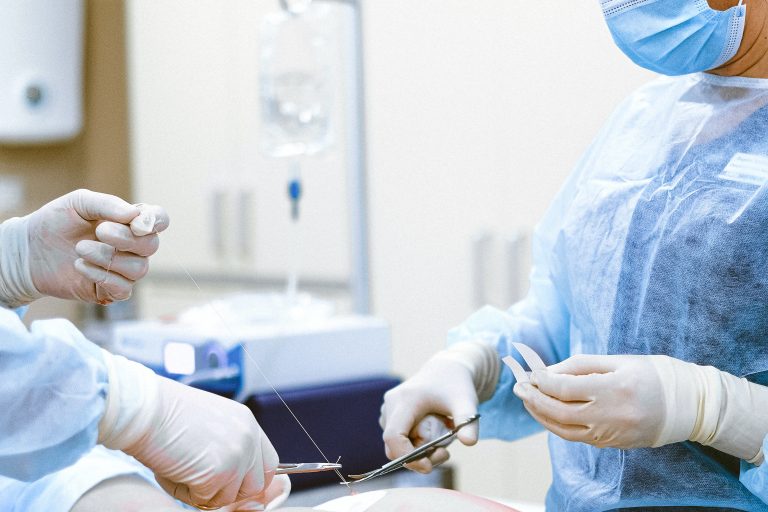Why Menstrual Products should be free for all
Photo from Pexels.com
Period poverty is a global health crisis. Imagine it being that time of the month coming up, and you have to worry about how you’ll afford all the necessities you need for the upcoming menstruating week, paying the bills, and other expenses. This is the issue many menstruating people face several times a year.
Period poverty affects 500 million menstruating people globally, according to Citron Hygiene. The United Nations Population Fund’s definition of period poverty is, “Period poverty describes the struggle many low-income women and girls face while trying to afford menstrual products.” Period poverty is a global public health crisis for low income and low resource communities around the world. No country is believed to be immune. Menstrual products should be free for various reasons, but the main reason is that period cycles are inevitable.
Note: Menstruation is not limited to women/girls only but can also be genderqueer, non-binary, or trans people who don’t identify as women.
Candice Chirwa (candice_chirwa on Instagram) is an author, gender activist, and thought leader.
In an interview with Candice Chirwa, a South African menstrual activist, we discussed the importance of menstrual products being free or at least more easily accessible.
What are the benefits of having menstrual products free?
In most public restrooms, it’s a given that there will be soap, toilet paper, napkins, and sometimes even toilet seat covers; however, it is not a given that there will be free menstrual products. Blume says, “If we don’t have to pay for toilet paper and paper towels in public washrooms, then we shouldn’t have to pay for menstrual products either. Offering free and accessible period products can help people who menstruate save upwards of $5,000 in their lifetimes, reduces stress on women’s shelters, and reduces waste.”
Photo from Pexels.com
Period poverty affects all ages. It can be very difficult for children or young teens who have their period during school, and if they cannot afford the proper menstrual products, it can affect their education. According to Citron Hygiene, “Plan International UK found some shocking stats when it comes to the impact between periods and education with nearly 50% missing school because of their period, rising to 64% missing PE because of their period. Over the course of a year, the study found that a staggering 137,000 children miss school because of period poverty.”
There will most likely be at least one time in someone who has a period’s life when their cycle may come unexpectedly, and they’re away from home with no access to any menstrual products including in many public restrooms. According to Citron Hygiene, “86.9% of women said that they’d found themselves away from home when they got their period, without any period products on them. The inability to access products at a crucial moment can easily be avoided, as well as the stress and trauma associated with it, by supplying free products in your business.”
How are marginalized groups more affected by not having free access to menstrual products?
Photo from Pexels.com
Some people have to buy multiple packs of menstrual products monthly, which eventually adds up over the year and even their lifetime. Candice Chirwa, an activist, says,” Even a pack of pads is not enough to manage someone even a week, especially if they have a heavy period.”
“It’s hard for those who don’t have the economic means, those who have to think about whether they will put food on the table and pay for electricity at home vs. whether they want period products so they can go about their economic and social activities.” Says Candice Chirwa, an activist.
The financial burden is not the only concern faced with period poverty but also the health risks. National Library of Medicine states, “Poor hygiene measures during menstruation can pose serious health risks, such as reproductive tract infections, thrush, and others.” Many don’t consider why there aren’t free products in every public restroom. Still, toilet paper is normalized.
By adding free menstrual products to school bathrooms, the attendance rate for those who menstruate went up. An example from NPR states, “A pilot program in New York City found that attendance increased by 2.4% among girls at a city high school after making tampons and pads available in its restrooms.” By New York making menstrual products available in the school restroom, menstruating teenagers were able to attend school without the worry of not having any products. Aunt Flow is a company that wants to ensure free menstrual products for all. According to Aunt Flow they mention, “Providing Aunt Flow period products recuperates lost work hours, increases school attendance, and is just the freakin’ right thing to do.” Having more easily accessible menstrual products and focusing on inclusion would be more beneficial.



